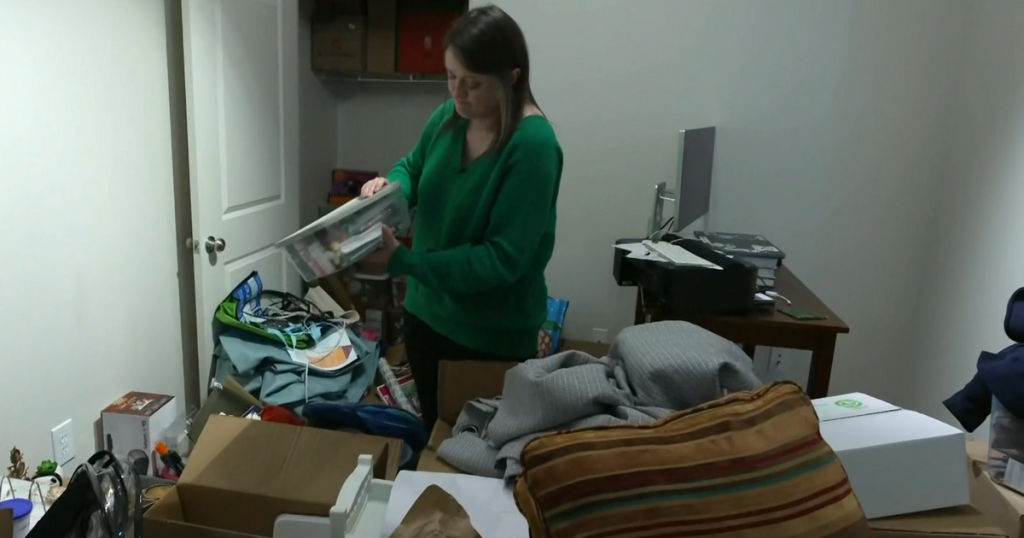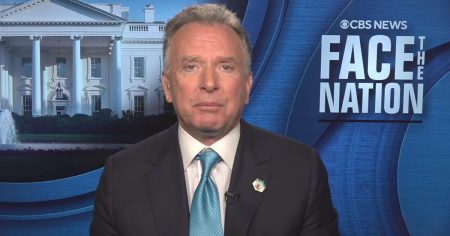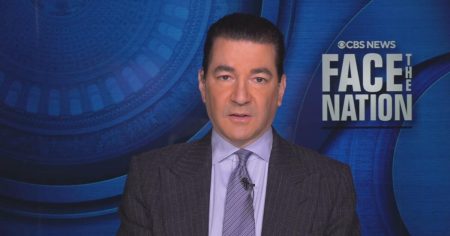The Journey of Katie Sandlin: A Tale of Resilience and Challenge
A New Horizon: Katie’s Move to NIH
In a heartwarming yet challenging turn of events, Katie Sandlin embarked on a significant life change by relocating from her small hometown of Carbon Hill, Alabama, to Bethesda, Maryland, to join the National Institutes of Health (NIH). With a population of just 2,000, Carbon Hill, Katie’s story is one of ambition and community spirit, as her entire town rallied behind her new endeavor. "People like me, where I’m from, rural Alabama, these kinds of jobs don’t happen to people like me," Katie remarked, highlighting the excitement and hope that this opportunity brought.
Sacrifice and Optimism: The Cost of Pursuing a Dream
Katie’s decision to take the position as an education outreach specialist at NIH came with significant personal sacrifices. She depleted her savings, maxed out her credit card, and took on a loan, all for a role she described as a "once-in-a-lifetime opportunity." Her optimism was palpable as she began her new journey, eager to contribute to NIH’s mission. However, her enthusiasm was short-lived. Just three weeks into her role, before she could even unpack, Katie found herself among the thousands of probationary workers terminated under President Trump’s policy to reduce the federal workforce.
The Shock of Termination: A Sudden Setback
The termination came as a shock to Katie, who had not anticipated losing her job. "It never crossed my mind," she admitted, her voice laced with disbelief. The official letter from the U.S. Department of Health and Human Services cited her as "not fit for continued employment," a claim starkly contradicted by her supervisors, who praised her performance. This contradiction added to her distress, leaving her feeling betrayed and misinformation. The immediate consequences were dire: unemployment, mounting debt, and the loss of health insurance, which was crucial for managing her chronic health condition.
Beyond Katie: The Plight of Probationary Workers
Katie’s story is not an isolated incident. Probationary workers, those with less than a year (and sometimes two) of experience, are particularly vulnerable due to limited job protections. Data reveals that within the Veterans Health Administration, these workers constitute 30% of the staff, while at the Transportation Security Administration, they make up 29%. This precarious position leaves many facing uncertain futures, as agencies reduce their workforces without needing to cite specific performance issues. The impact extends beyond individuals, affecting the morale and continuity of critical public services.
Institutional Response and Personal Defense
In defense of her capabilities, Katie’s supervisors and their superiors corroborated her assertion of unjust termination. "My boss, her boss, and even his boss, all said that that was not true," she shared, emphasizing the disconnect between the official letter and her actual performance. This discrepancy underscores the broader issue of how such terminations are often bereft of transparency, leaving employees without a clear understanding of their dismissal. The lack of communication compounds the emotional toll on individuals already facing significant life changes.
Conclusion: The Human Cost of Policy Decisions
Katie’s story serves as a poignant reminder of the human impact of policy decisions, often made in abstraction, without considering the lives affected. As she navigates her new reality, Katie’s resilience shines through, urging others to reflect on the consequences of such actions. Her journey highlights the need for empathy and consideration in workforce decisions, ensuring that individual stories and contributions are valued. In her words, "We are important and we do important work." It is this perspective that should guide future policy-making, fostering a system that supports and retains talented individuals like Katie, rather than letting them go unnoticed.















